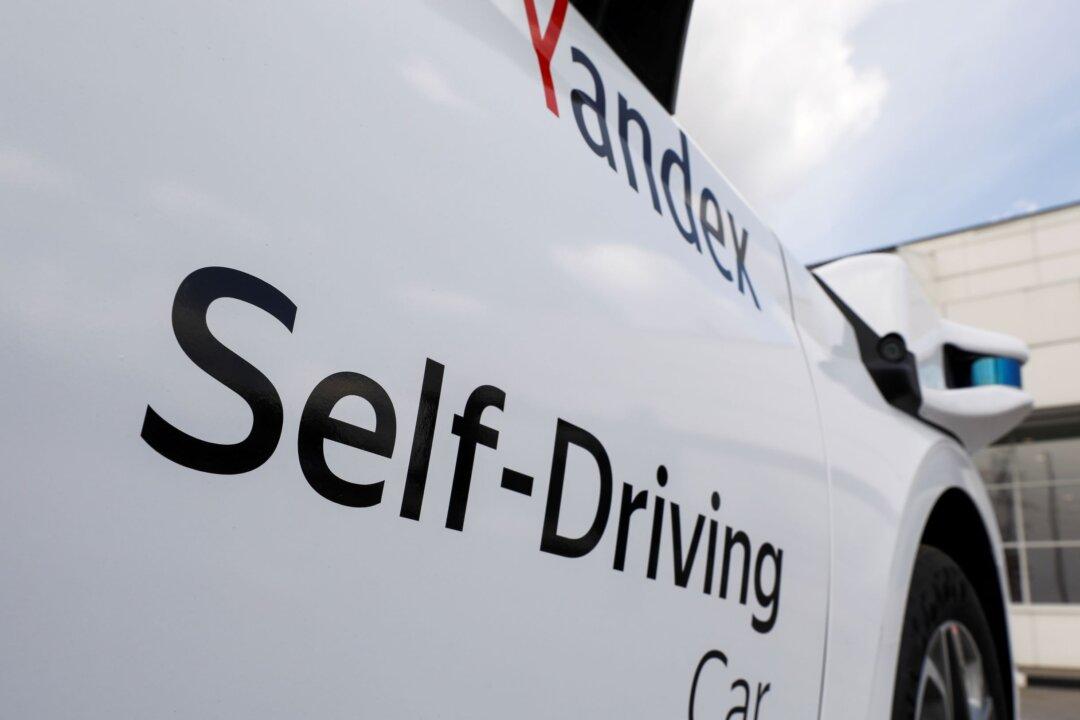As the reach of artificial intelligence (AI) expands and AI is being added into items from toothbrushes to cars, regulation and oversight has been out of sync with the speed of development.
Companies are turning to AI for productivity and efficiency, saying that it can conduct tasks more accurately, faster, and cheaper than humans. This has led to many layoffs in Silicon Valley, but job loss is not what this top AI expert we spoke with is most concerned about.






